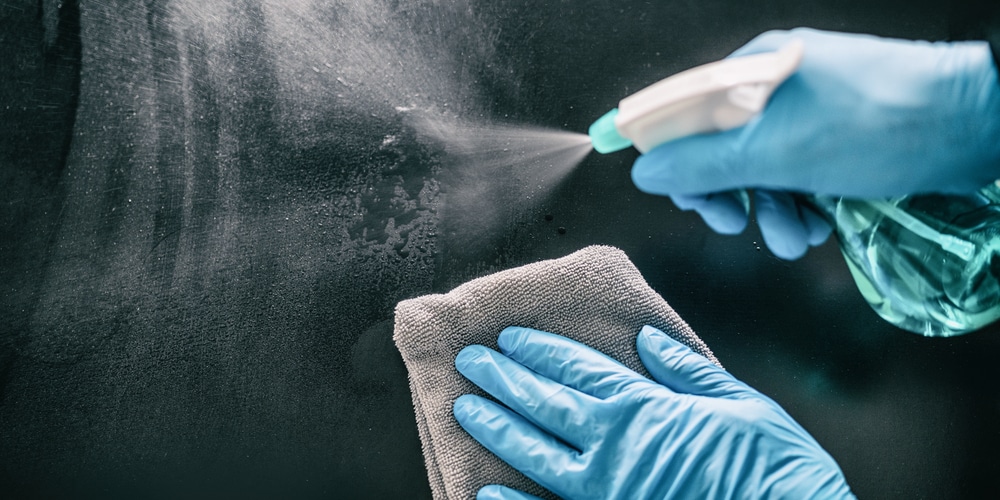Calcium chloride has been used as a deicer for many years. It is a white, powdery substance, and it is very effective at melting ice. Aside from being an ice-melting substance, this is also popular in gardens for its ability to add calcium to the soil. This can be beneficial for plants that need extra calcium, such as tomatoes.
Over the years, calcium chloride has been widely used by homeowners during the winter months. It’s an effective way to quickly melt ice, and it’s also relatively inexpensive. However, this raises a few concerns for homeowners.
Will calcium chloride affect and disrupt your grass’ growth? Let’s find out.
How Calcium Chloride Affects Grass

Calcium chloride works by releasing heat when it comes into contact with water. This heat effectively melts the ice, causing it to turn into water. However, this same process can also damage your grass, when used incorrectly.
This substance has been a staple for many homes, but this raises different concerns, particularly for those who are maintaining lawns and have plants in their backyard or landscape.
Generally speaking, calcium chloride won’t kill your grass, if used sparingly. It’s often used as a salt substitute and calcium chloride contains approximately 50% less sodium than table salt. However, it still has the potential to harm your grass, especially if used in large quantities or not diluted properly.
How to Use Calcium Chloride Properly
Following the package and carefully diluting the substance properly ensures that you won’t damage your grass. If you’re using it for the first time, start with a small amount and increase it as needed.
Spray on surfaces you’d like to melt the ice on. It is recommended to sprinkle the substance on the ground before a storm hits to prevent any accumulation of ice. Dilute calcium chloride with water if you’re worried about harming your grass and always sweep up any leftover substance to avoid damaging your lawn.
A little bit of calcium chloride won’t harm your grass. There are no notable pH changes and it is considered safe for pets, children, and the environment. However, too much of this substance can damage your grass and cause burns. It’ll start to wilt or turn yellow – which is the last thing that you’d like to happen.
Be sure to follow the package instructions carefully and always clean up any leftover calcium chloride to avoid harming your lawn.
When applied using the right amounts, you’ll give your lawn a bit of boost, allowing them to get essential nutrients like sodium, calcium, and chlorides. However, when you reapply the substance multiple times over a short period of time, there may be a substance build-up. This is what will cause the damage to your grass.
Sodium is one of the most dangerous substances for your grass. It has the potential to change the structure of the soil, inhibiting plant growth, and eventually causing the death of your grass.
Will Calcium Chloride Kill Grass?: Final Thoughts
Toss the salt away and make way for calcium chloride. This is a safer and better alternative, especially if you have plants.
However, remember to always use minimal amounts and not to use regularly to prevent sodium buildup. When used correctly, calcium chloride is an effective way to quickly melt ice without harming your grass.
Related article: Does Ice Melt Kill Grass?
